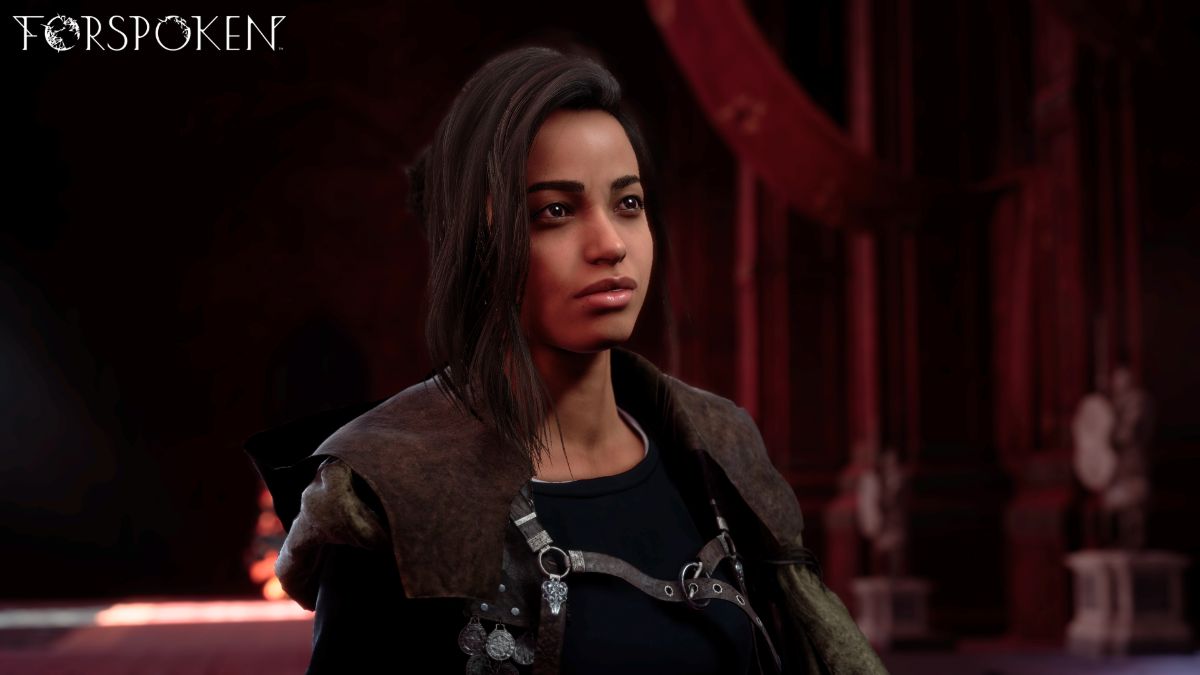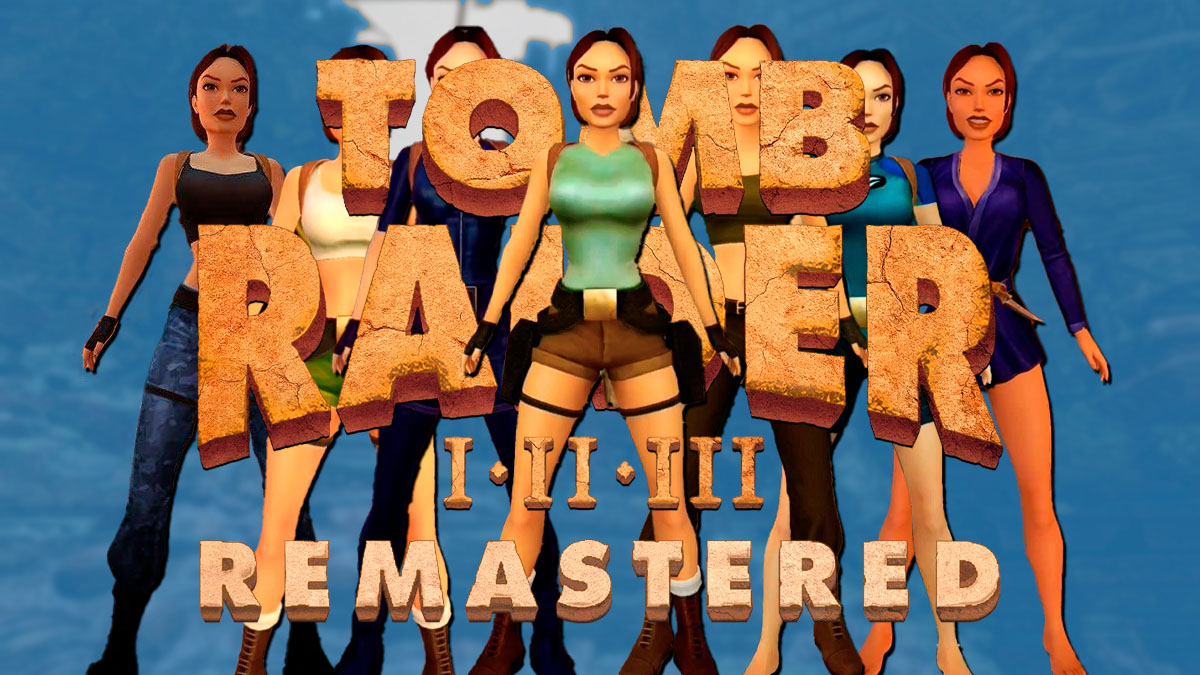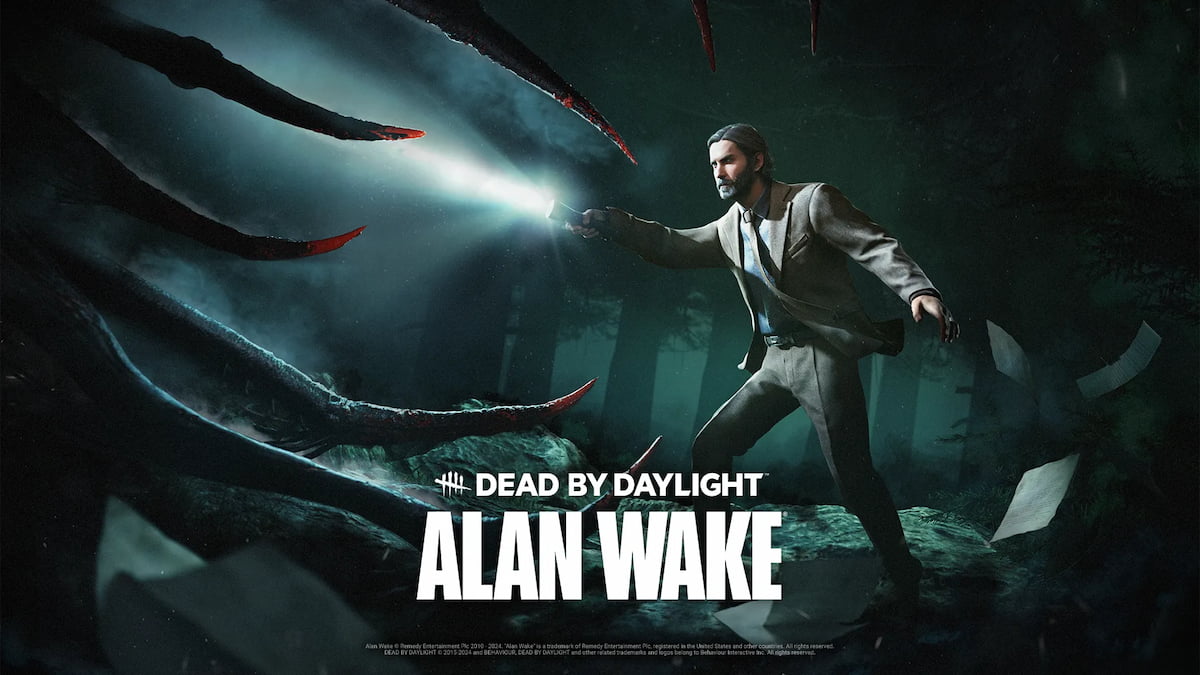Videogame demos are nearly a forgotten feature in 2023. Demos exploded in popularity as the industry moved to CDs as it became fairly easy to cram several bite-sized levels of games on the same disk. It could be argued that PlayStation made game demos mainstream when it created PlayStation Underground in 1997, which included not just demos and trailers, but also interviews with developers and even saves that you could load onto your memory cards. By 1998 demo disks had become prolific enough to include in a bundle as part of buying your console.
As we came to the PS3/360 era, we see yet another shift; demos are still a very regular thing, but now they are individual applications you download from a store. This was when games began experiencing prolonged development times, and you start to see only the biggest or most consistent franchises get demos. Cut to 2023 and it’s rare to get even 10 games from the major platforms that have demos in a year.
A magical discussion
Forspoken’s release unleashed a tidal wave of opinions about the game’s writing that dominated the conversation. What went somewhat overlooked was the fact that Square Enix also released a demo for the Steam version of the game. Forspoken seems like the perfect launching point for a new era of demos. It’s an unproven idea built on a new IP, which is something the community clamors for, but few teams take a risk on. Forspoken is not only a unique idea but is also coming at a difficult time where not only the cost of games is going up, but the consoles and gaming related computer parts have been stuck in limbo because of supply chain issues. As PC games become more resource intensive, it’s important to remember that part of making sure games are accessible and approachable is not pricing anyone out. Demos can become a way for more people to engage with a game without having to fully invest their money upfront.

Creating a demo also has specific advantages for developers who use Steam specifically. In 2015, Valve announced the ability to refund any game that you bought as long as you never launched it for up to seven days or have less than 2 hours of total playtime. While this sounds incredibly generous, it’s only that way because developers foot the bill. You take the money back from the developer who made the game, not Valve. It’s a busted system that, like the rest of capitalism, can punish smaller teams where a few dozen game sales being refunded could be the difference between a positive or negative bank account.
All work in this industry is labor that can take years, and we must find a better way to let people try ideas at a lower cost while not undercutting the workers who made the game. As we’ve seen this past month, just making a game free also doesn’t guarantee success. However, $70 for a new game feels very restrictive. Creating a bespoke demo can be a wonderful thing as a proof of concept, but it introduces a whole host of questions. Where do you start a demo? Where do you end a demo? Do you create a bespoke experience just for the demo or do you cut off a section you’ve made? Is this going to negatively impact people who play both?
Powerful solutions
There’s thankfully an example of one solution to this problem: time-gated rentals. This is a system made popular by EA where you download the full game and are given a timer to experience the opening segments. Because it’s the full game you don’t need to worry about losing any progress since you could come back an entire year later if you wanted to and pick up where you left off.
It’s time for platform holders and devs to work together to standardize the game trial process. Currently, a developer has to and have the time/budget do that, but Sony and Microsoft both have the ability to help formalize the process and simply allow every game to be time-gated.







Published: Feb 5, 2023 01:33 pm